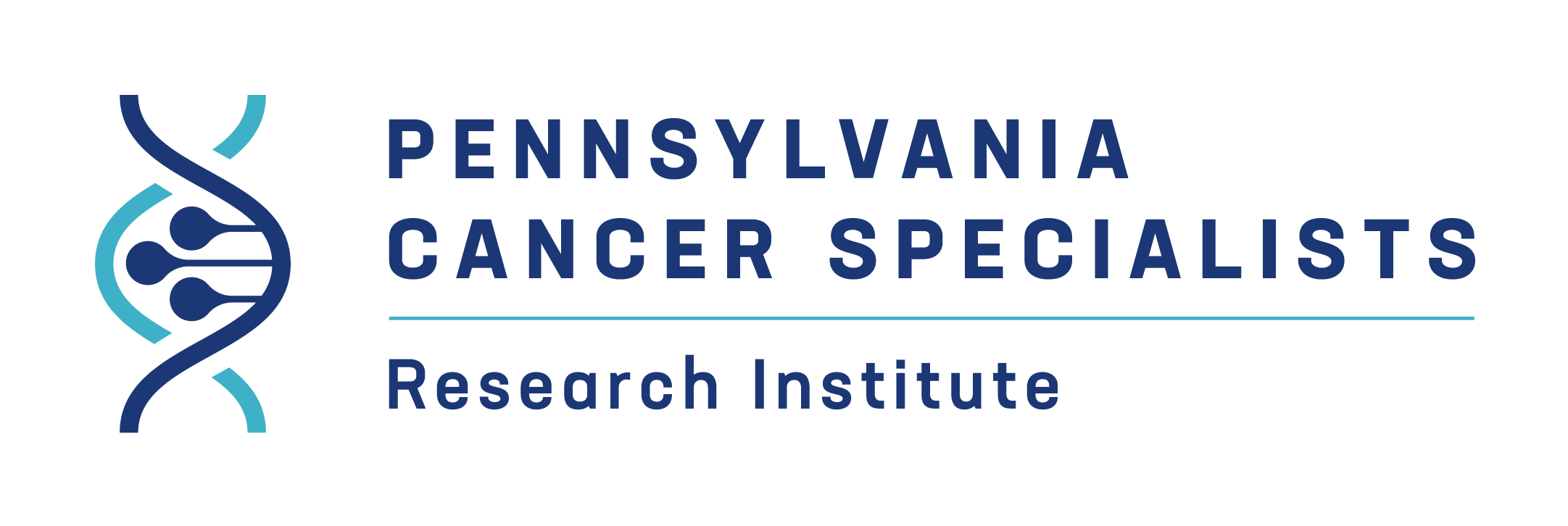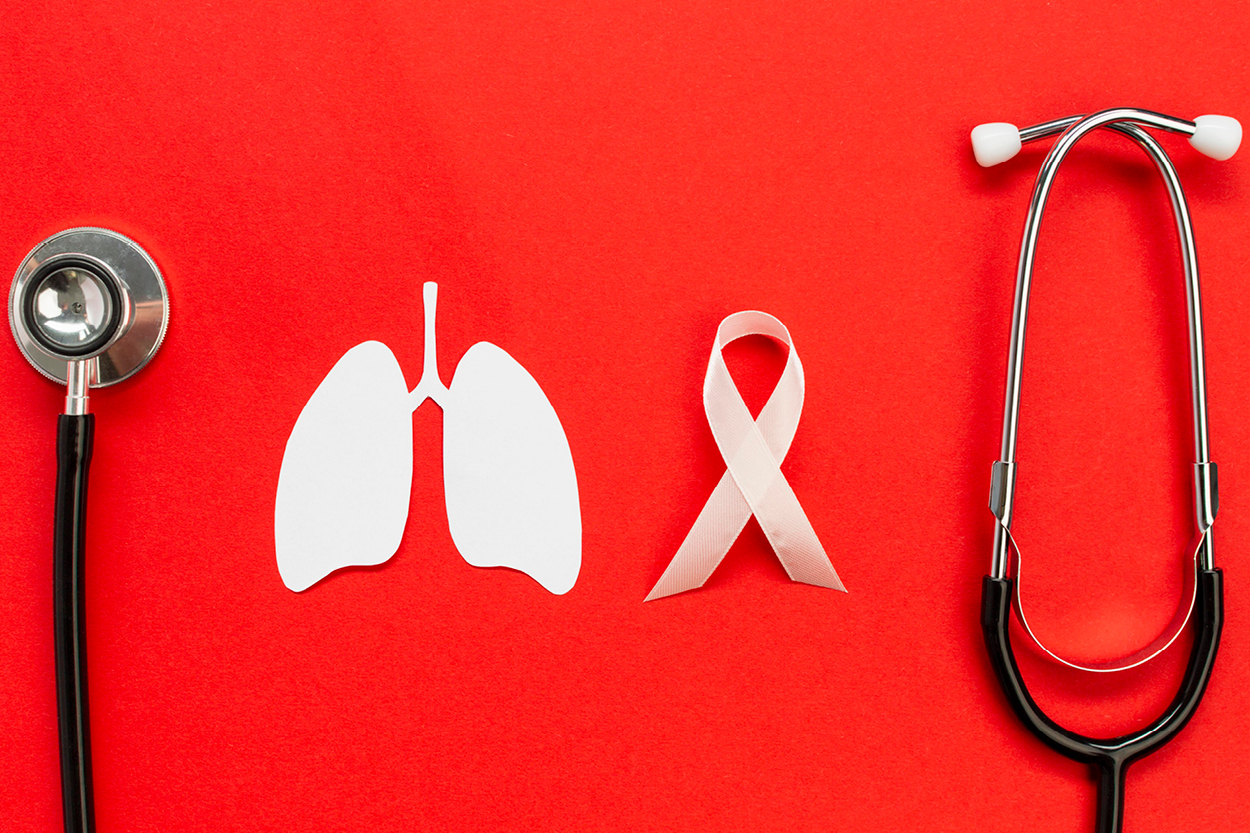Can I Prevent Lung Cancer?
Perhaps you've heard statistics about lung cancer, or maybe someone you know has faced this challenge. Today, let's walk through your personal journey of lung health protection together.
Every morning, you wake up and make countless choices. Some seem small, others feel monumental. When it comes to your lung health, the most powerful decision you can make is surprisingly straightforward: choosing to live tobacco-free.
If you've never smoked, you're already ahead of the game. Yet if you currently smoke, quitting at any age can provide immediate and long-term benefits. Within just 20 minutes of your last cigarette, your heart rate and blood pressure begin to stabilize. Your body is already working for you, not against you.
Think about where you'll be a year from now. If you quit smoking today, by this time next year, your risk of heart disease will have dropped by half. Fast forward ten years, and your lung cancer risk becomes half of what it would be if you continued smoking. Your future self is counting on the decisions you make today.
Your Daily Choices
Beyond avoiding tobacco, maintaining a healthy lifestyle plays a significant role in lung cancer prevention. Regular physical activity strengthens your immune system, helping your body fight off diseases, including cancer. Exercise isn't just about looking good; it's about giving your lungs the strength they need to function properly.
Nutrition also plays an important role in cancer prevention. A diet rich in fruits and vegetables provides antioxidants and other nutrients that help protect your cells from damage. Colorful fruits and vegetables contain vitamins, minerals, and phytochemicals that support your body's natural defense mechanisms.
Your environment can significantly impact your lung cancer risk. Radon gas, which occurs naturally in soil and rocks, can accumulate in homes and buildings, becoming the second leading cause of lung cancer after smoking. Testing your home for radon is a simple and inexpensive process. If levels are high, mitigation systems can effectively reduce exposure to these contaminants.
Occupational hazards also pose risks for lung cancer development. If you work in industries involving asbestos, diesel exhaust, or other known carcinogens, following safety protocols and using protective equipment is essential. Regular health screenings may also be recommended for those with occupational exposures.
Staying Connected to Your Health
While prevention is the best strategy, early detection can significantly impact treatment outcomes. If you have a history of heavy smoking or other risk factors, discussing lung cancer screening with your healthcare provider is important.
Regular medical checkups allow your healthcare team to monitor your overall health and identify any concerning changes early on. Being aware of potential symptoms, such as persistent cough, chest pain, shortness of breath, or unexplained weight loss, can aid in early detection.
If you have questions about lung cancer prevention or would like to discuss your individual risk factors, contact Pennsylvania Cancer Specialists at (717) 334-4033.


